Events at Free Word and the Bloomsbury Institute, plus talks for International Women’s Day and Essex Book Festival are just some calendar highlights coming up
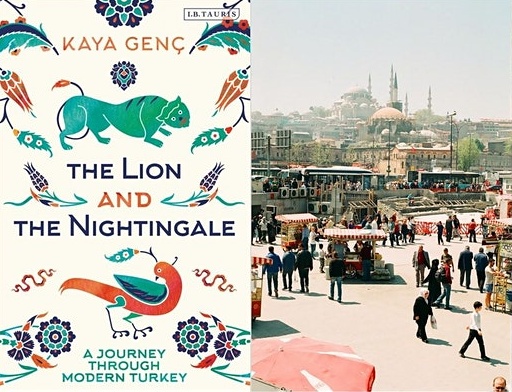


Events at Free Word and the Bloomsbury Institute, plus talks for International Women’s Day and Essex Book Festival are just some calendar highlights coming up
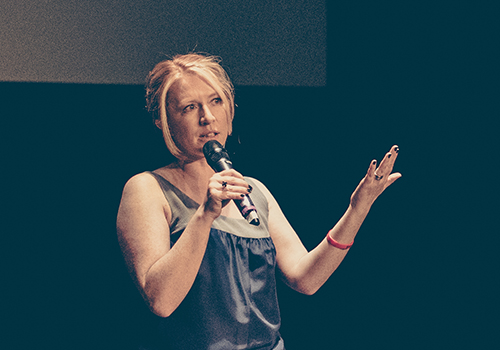
“The assertion that ‘I believe in free speech, but . . .’ has become depressingly familiar,” said Index on Censorship chief executive Jodie Ginsberg in the Thunderer column in The Times today. Read the full article
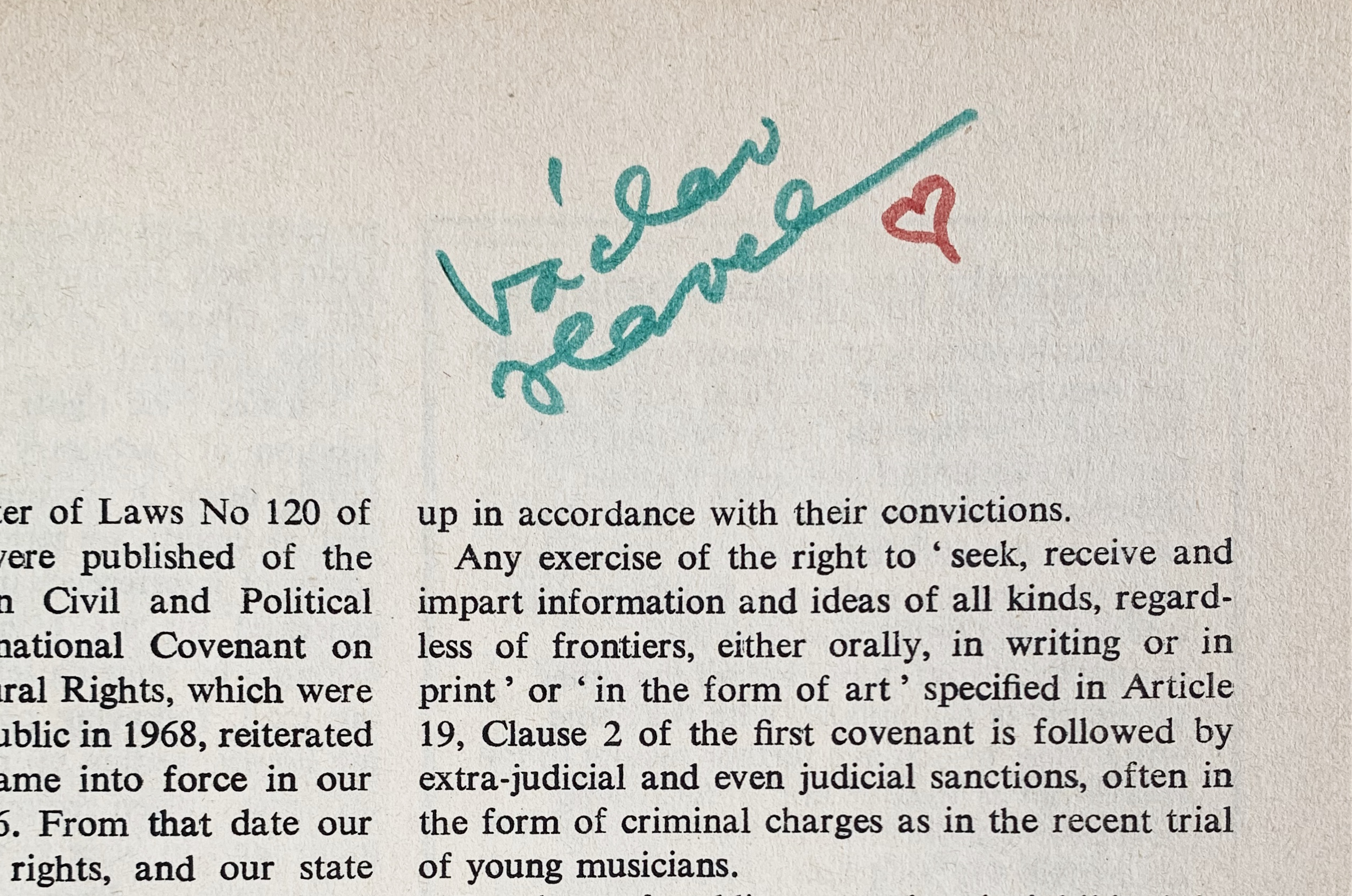
Join us for an evening discussing the Czech banned writer Ludvík Vaculík’s compelling portrait of dissident life
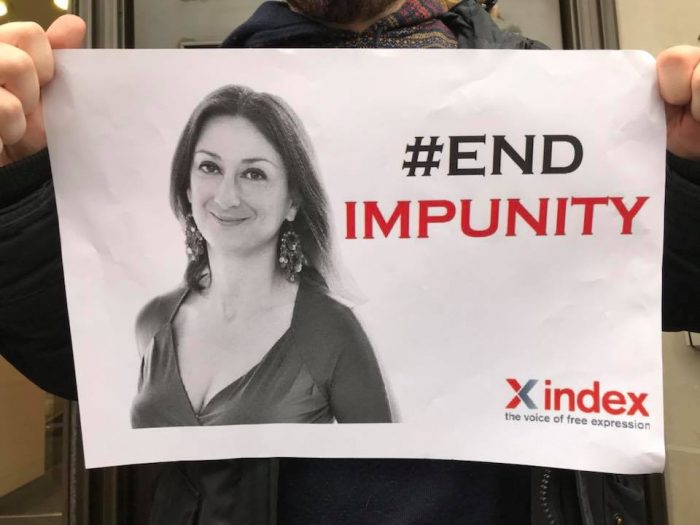
Index on Censorship is carrying out research into the scale and nature of vexatious legal threats and actions against journalists in Europe

[vc_row][vc_column][vc_raw_html]JTNDJTIxZG9jdHlwZSUyMGh0bWwlM0UlMEElM0NodG1sJTIweG1sbnMlM0QlMjJodHRwJTNBJTJGJTJGd3d3LnczLm9yZyUyRjE5OTklMkZ4aHRtbCUyMiUyMHhtbG5zJTNBdiUzRCUyMnVybiUzQXNjaGVtYXMtbWljcm9zb2Z0LWNvbSUzQXZtbCUyMiUyMHhtbG5zJTNBbyUzRCUyMnVybi...
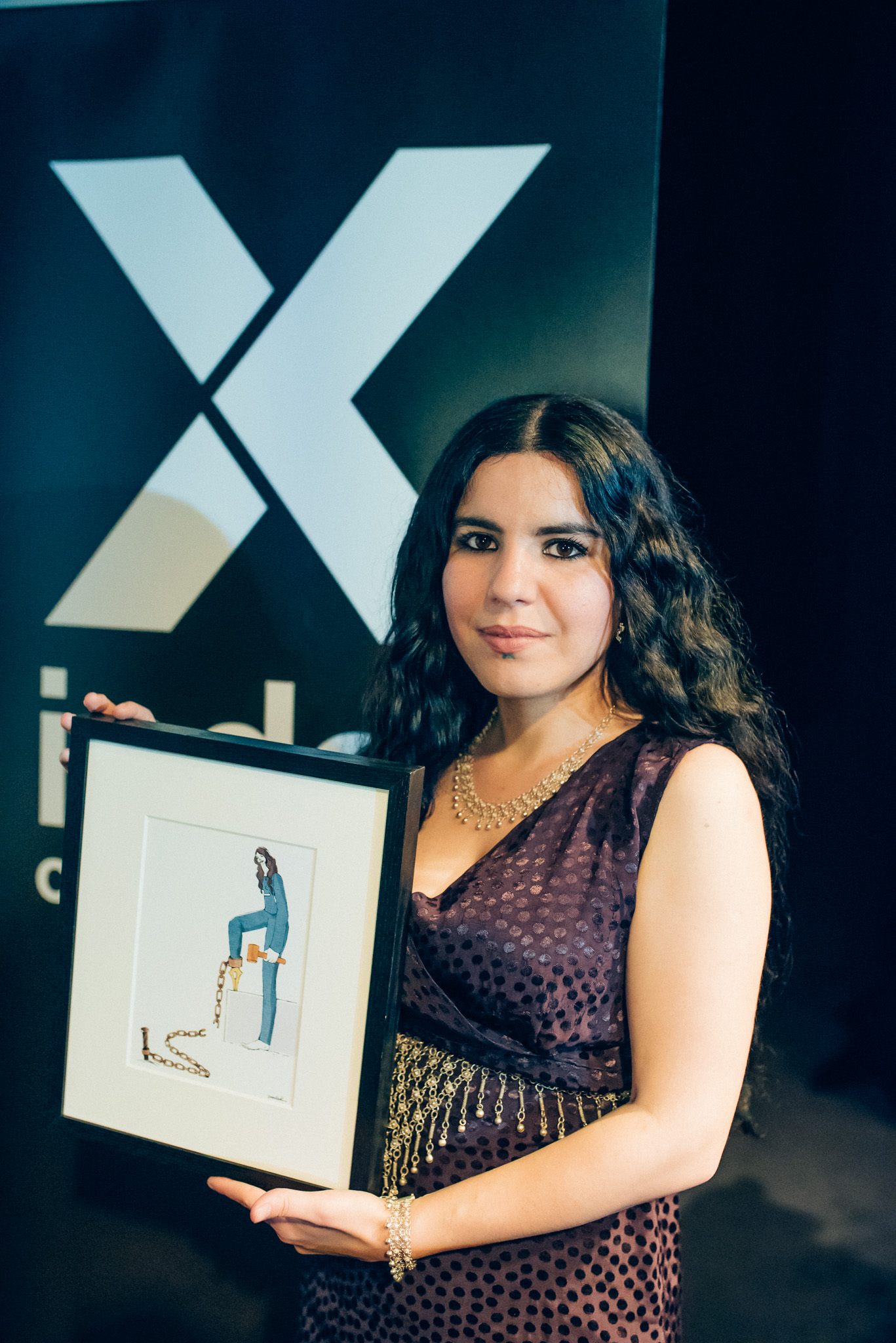
[vc_row][vc_column][vc_single_image image="112380" img_size="large"][/vc_column][/vc_row][vc_row][vc_column][vc_column_text]Hip-hop, satirical YouTube videos, a youth arts festival and rap are some of the ways in which art is being used today to...
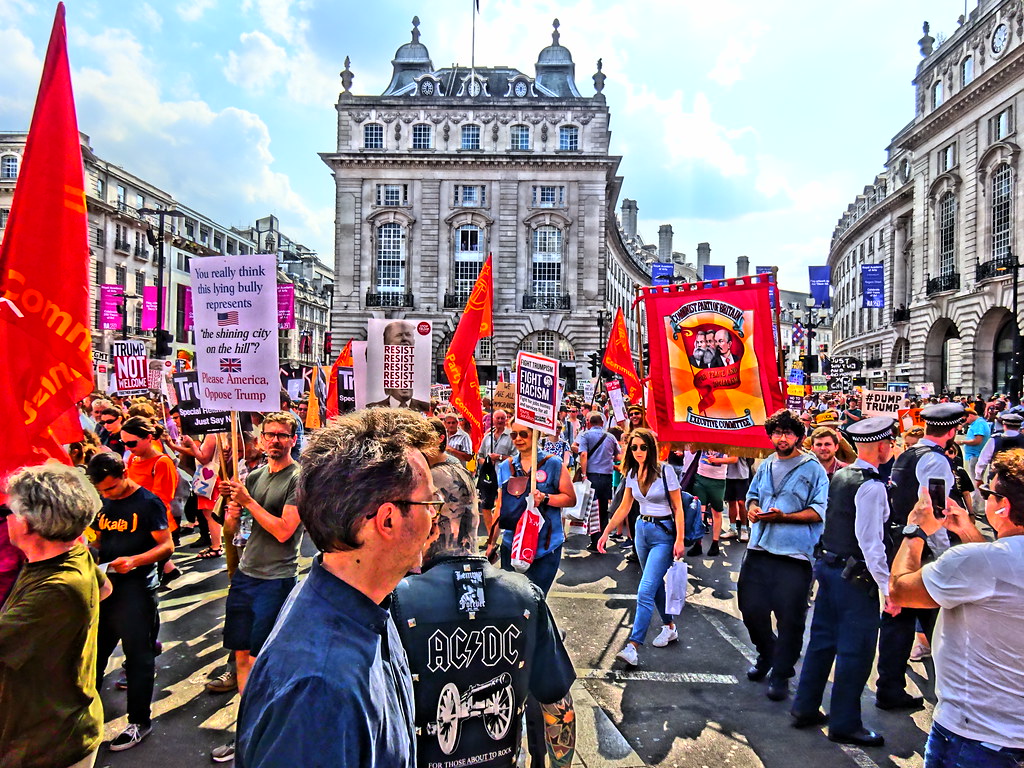
Join Observer columnist Kenan Malik, legendary LGBT campaigner Peter Tatchell and artist Stella Odulami for a debate on whether we should stand up for the right to protest. Chaired by Index on Censorship editor-in-chief Rachael Jolley.
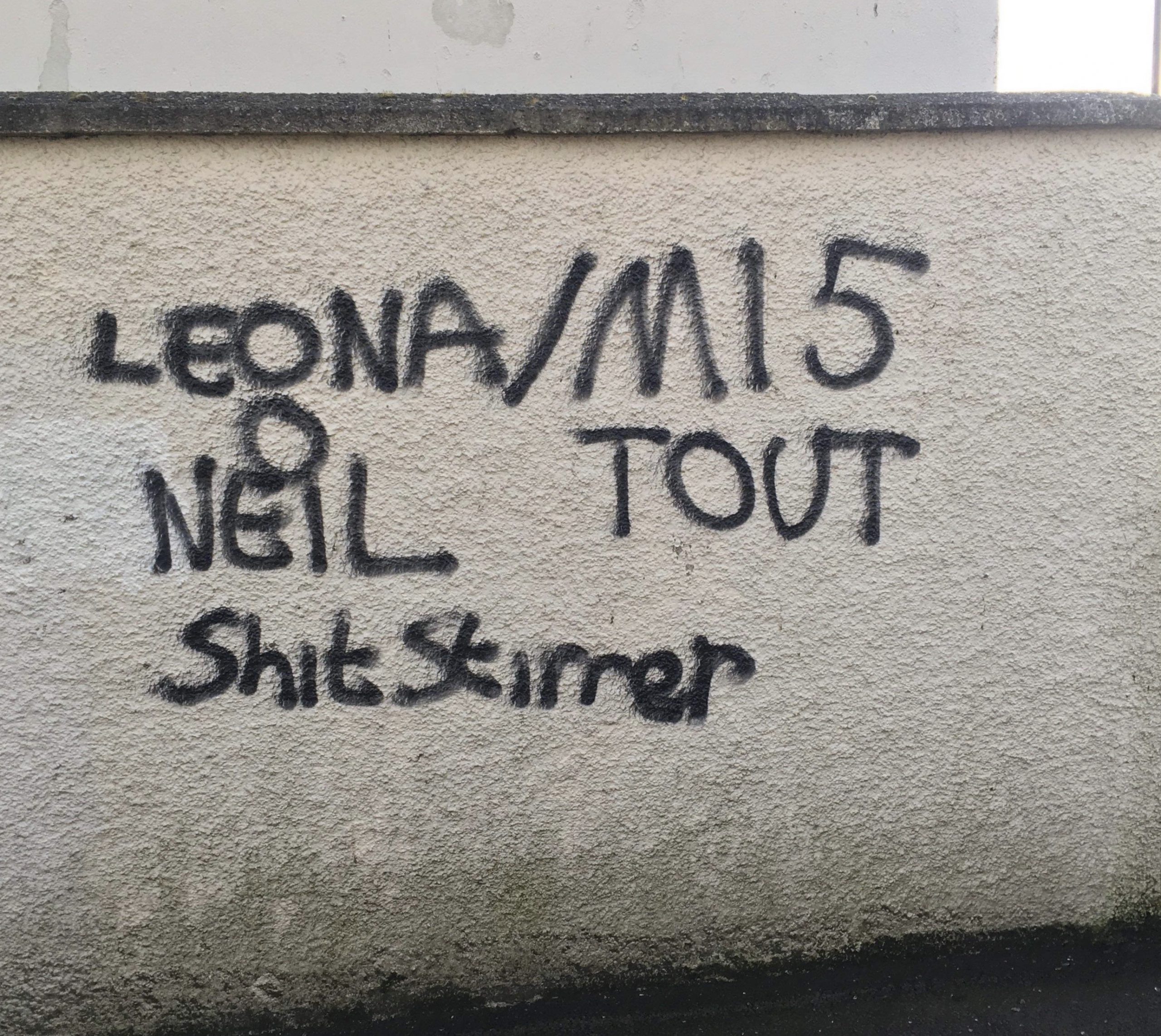
[vc_row][vc_column][vc_raw_html]JTNDJTIxZG9jdHlwZSUyMGh0bWwlM0UlMEElM0NodG1sJTIweG1sbnMlM0QlMjJodHRwJTNBJTJGJTJGd3d3LnczLm9yZyUyRjE5OTklMkZ4aHRtbCUyMiUyMHhtbG5zJTNBdiUzRCUyMnVybiUzQXNjaGVtYXMtbWljcm9zb2Z0LWNvbSUzQXZtbCUyMiUyMHhtbG5zJTNBbyUzRCUyMnVybi...

[vc_row][vc_column][vc_column_text]We live in the midst of radical changes to the ways people access news and information. When Index on Censorship was founded nearly 50 years ago, few could have foreseen the manner in which technology would now...

In September 2019, London-based photographer Yumna Al-Arashi announced that one of her photographs, showing women in a hammam, had been taken down by Instagram because, according to the platform, it fell foul of the community’s standards on adult...
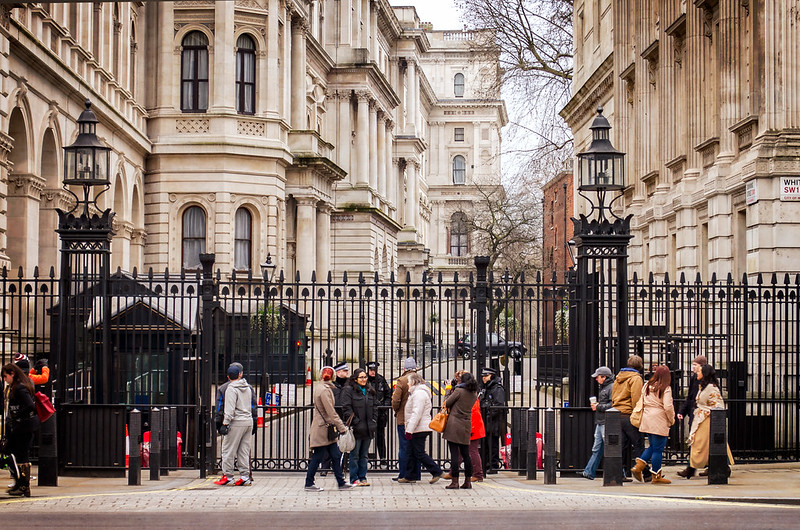
Boris Johnson’s exclusion of certain members of the press at a briefing on 3 February is another example of media abuses in the UK, as tracked by Index on Censorship and reported to the Council of Europe

[vc_row][vc_column][vc_raw_html]JTBBJTNDJTIxRE9DVFlQRSUyMEhUTUwlMjBQVUJMSUMlMjAlMjItJTJGJTJGVzNDJTJGJTJGRFREJTIwSFRNTCUyMDQuMDElMkYlMkZFTiUyMiUyMCUyMmh0dHAlM0ElMkYlMkZ3d3cudzMub3JnJTJGVFIlMkZodG1sNCUyRnN0cmljdC5kdGQlMjIlM0UlMEElM0MlMjFkb2N0eXBlJTIwaH...